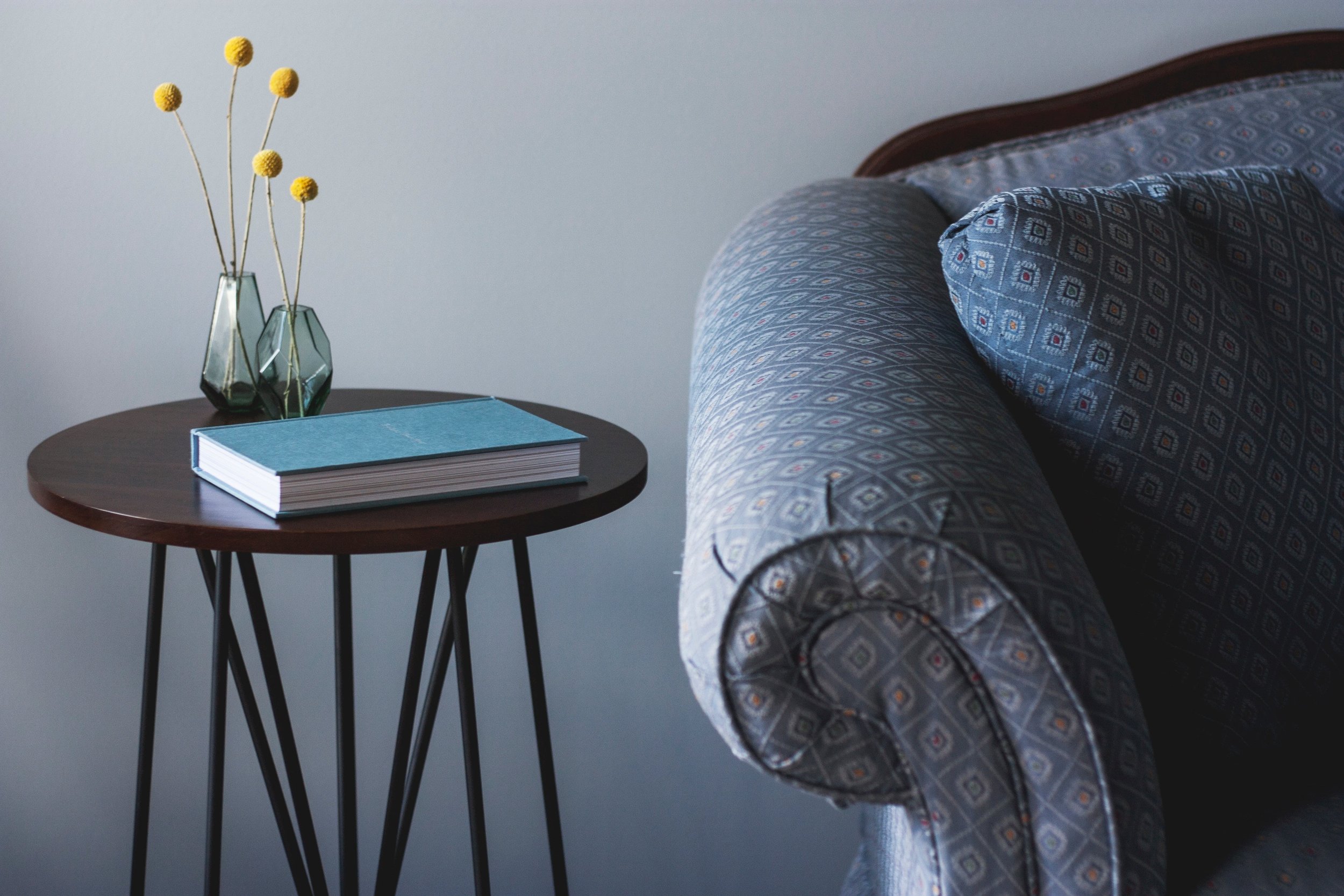We’ve all heard the stories.
One minute you are having a nice reasonable conversation —- and the next you are the target of intense, frightening anger.
What gives?
If you have read my other articles you will know that people with BPD have a small window of tolerance for “rupture” in relationship.
Not only are they hypervigilant for any signs that you might possibly be about to reject them, but they may also consider less than perfect support and attunement to be a personal insult.
As outlined in my previous article on devaluation, people with BPD are still looking for the unconditional love they never received in childhood. When they feel that you have slighted or rejected them - even a tiny amount, they will feel as if the relationship is over and that you can’t possibly care for them - ever.
Its pretty black and white. And this black and white thinking helps create the instability that is a hallmark of BPD.
The ability to tolerate mistakes or less than perfect behaviour from those we love is something that we develop through good parenting in our early years (see my article on BPD devaluation).
As we learn about relationships through our first attachments, we slowly become comfortable with ambivalence and misattuntements, the missteps or missed connections that are an inevitable part of any relationship. These important early experiences create the templates for how we relate across the lifespan.
Because of failures or mismatches in their early environment, people with BPD never learnt this tolerance and trust. They aren’t able to give people the benefit of the doubt.
Relationships become battlegrounds where their equilibrium and (in the worst case scenario) their entire sense of self is at stake.
No wonder they are on a knife’s edge.
This lack of internal stability (related to the identity disturbance and chronic emptiness that lies at the heart of BPD) means they are very vulnerable to the ups and downs of relationships.
So when they lash out in response to something you didn’t even know you were doing, understand that for them, the stakes are high - very high indeed.
If you are in a relationship with someone who has BPD, you will need some patience and understanding. But you don’t need to put up with abuse.
Being clear and having strong boundaries, including not letting them get away with bad behaviour, will actually make your relationship stronger.
When you say “no” and mean it, you are telling them that you still care about them, even though you can’t agree and won’t indulge their challenging behaviour. Eventually they will learn to trust you and will be grateful for the commitment and acceptance you have shown to them - factors which may have been lacking for them in previous relationships.
Staying in a relationship with someone who has BPD can be challenging.
Its important to remember that a stable and rewarding relationship is the long game. In the end your partner will benefit from your consistency, strength, authenticity and patience. If you are scared of them, change your position frequently or have fuzzy boundaries, they will call you out.


















